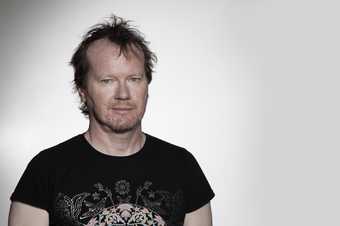What is it that makes humans human? As science and technology challenge the boundaries between life and non-life, between organic and inorganic, this ancient question is more timely than ever.
Acclaimed philosopher Timothy Morton invites us to consider this philosophical issue as eminently political. It is in our relationship with non-humans that we decided the fate of our humanity. Becoming human, claims Morton, actually means creating a network of kindness and solidarity with non-human beings, in the name of a broader understanding of reality that both includes and overcomes the notion of species. Negotiating the politics of humanity is the first and crucial step to reclaim the upper scales of ecological coexistence, not to let Monsanto and cryogenically suspended billionaires to define them and own them.
Biographies
Timothy Morton is Rita Shea Guffey Chair in English at Rice University. He is the author of Dark Ecology: For a Logic of Future Coexistence, Nothing: Three Inquiries in Buddhism, Hyperobjects: Philosophy and Ecology after the End of the World, The Ecological Thought and Ecology without Nature.
Federico Campagna is the author of The Last Night - anti-work, atheism, adventure and a forthcoming book about the philosophy of magic from Bloomsbury.

